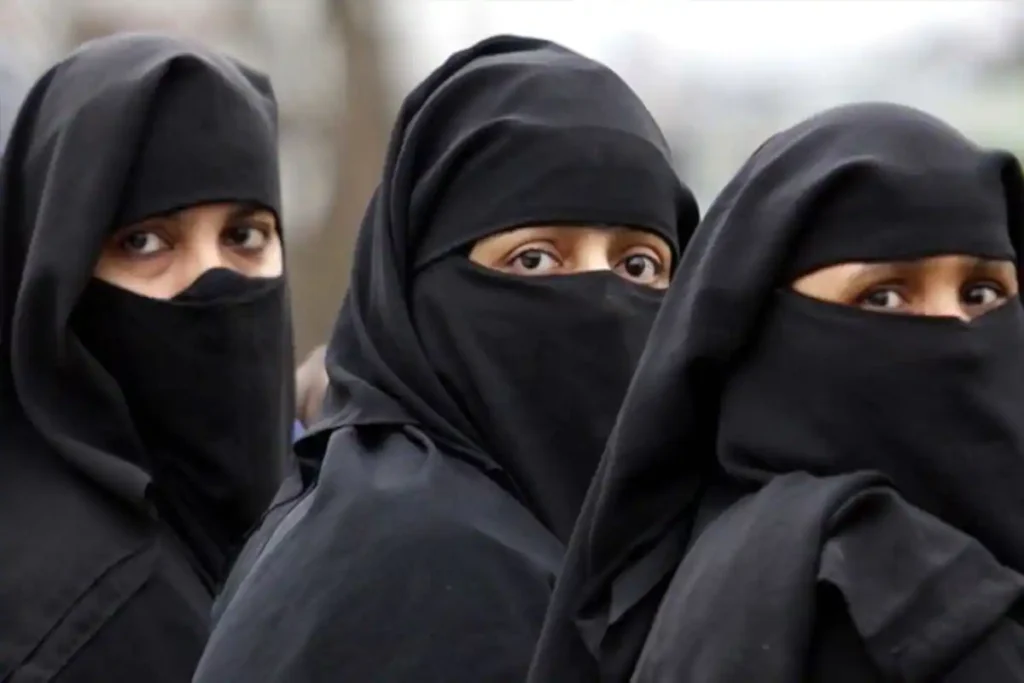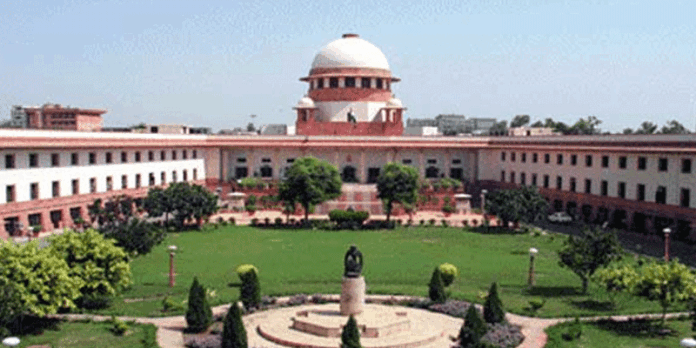A five-judge Constitution bench of the Supreme court on Tuesday took up the petitions filed by Muslim women and activists challenging issues relating to the practice of divorce in the Muslim community. A batch of eight PILs was submitted to the Supreme Court following the 2017 verdict in the triple talaq case that criminalized the practice of instant triple talaq.
These petitions challenge practices such as nikah halala, polygamy, mutah, and misyar, which are common in Muslim marriages and divorce law practices.
During the hearing before the SC bench, headed by Justice Indira Banerjee, the court issued notice to the National Human Rights Commission (NHRC), the National Commission of Women (NCW), and the National Commission of Minorities as parties to the petitions.
The bench was led by Justice Indira Banerjee and comprising judges Hemant Gupta, Surya Kant, MM Sundresh, and Sudhanshu Dhulia, issued notice to the Centre on a separate petition challenging polygamy, terming it to be discriminatory, exploitative, and anti-woman.
The matter will probably come up in mid-October because the constitutional judiciary has said they will deal with the issues that come before them on a weekly basis.

The petition filed by five Hindu women, led by Kiran Singh and an NGO, challenged the practice of polygamy was argued by advocate Vishnu Shankar Jain on the ground that it went contrary to the Indian Penal Code (IPC), which punishes people practicing polygamy under Section 494, with a maximum sentence of up to seven years.
Addressing India Today Following the hearing, Sameena Begum, one of the applicants who was the victim of the triple talaq, said that she hoped that justice would be served by the SC.
The other petitioners and I have suffered and asked the court to ensure that another girl does not become like us. I was given talaq, after which my husband insisted on halala. It wasn’t until my family supported me that I was able to reach the Supreme Court,” Sameena said.
they have stated in their advocacy that Islamic law allows a man to marry more than one woman. He can divorce and remarry twice to the same woman, also called nikah halala.
Nikah mutah practiced by some Shia Muslim sects is a temporary wedding contract where the parties can set the duration and amount of Mehr. Another practice under consideration of the Court included nikah misyar where both parties to the marriage contract can agree to forego several marital rights, including cohabitation, the wife’s right to housing and maintenance money, and the husband’s obligation to home keeping.



